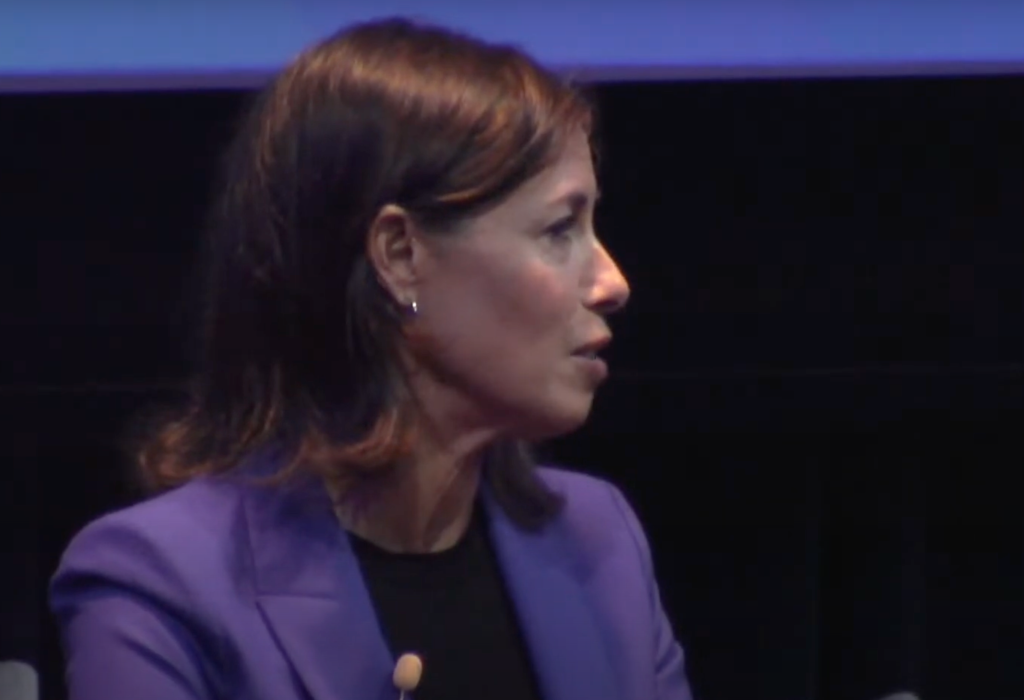Democratic Senators Urge FCC to Pass AI Political Ads Proposal
FCC Chief Jessica Rosenworcel touted the plan at a tech policy summit Wednesday.
Jake Neenan

WASHINGTON, Sept. 18, 2024 – Democratic senators on Tuesday urged the Federal Communications Commission to pass a disclosure requirement for radio and TV political ads made with artificial intelligence.
“While more must be done to address the risks that AI poses to our elections, we urge the FCC to adopt these rules as the 2024 presidential election is less than two months away and, in some states, voters can begin casting ballots as early as this month,” wrote the senators, led by Sen. Ben Ray Luján, D-N.M.
Reply comments on the FCC's measure are due on Thursday, putting the FCC on a tight schedule if it wants to implement a final rule before the presidential election on November 5. It’s not slated for consideration at the agency’s September 26 meeting.
In July, FCC Chairwoman Jessica Rosenworcel proposed requiring broadcasters to ask if political ads contain AI-generated voices or images and, if one does, to disclose that information before or during the ad. The proposal wouldn’t cover online or streaming ads, where the FCC has less authority.
The plan received pushback from GOP lawmakers and the FCC’s two Republicans, with Sen. Eric Schmitt, R-Missouri, attempting unsuccessfully to stonewall the proposal after it was introduced.
FCC commissioner Brendan Carr implied it was part of an effort to sway the 2024 election in favor of Democrats, something Rosenworcel has denied.
The Federal Election Commission has been divided on the issue, with the FEC's Republican chairman opposing the FCC plan and the Democratic vice chairman endorsing it.
Rosenworcel touted the proposal at an Aspen Institute summit on Wednesday, but didn’t offer any hints on an approval timeline.
“If you are watching an advertisement for a political campaign that manipulates an image, that also needs to be disclosed,” she said. “I think that baseline of transparency will allow us to understand its effect on our civic life and our economy, and also let us, as viewers, voters and citizens, make informed choices.”
The agency has taken other steps to tackle AI scams, like making the use of the technology in common robocall scams illegal, proposing other rules requiring disclosure of AI-generated voices in legal robocalls, and fining a political consultant for using an deepfake of President Joe Biden’s voice to urge voters not to participate in the New Hampshire primary.









Member discussion